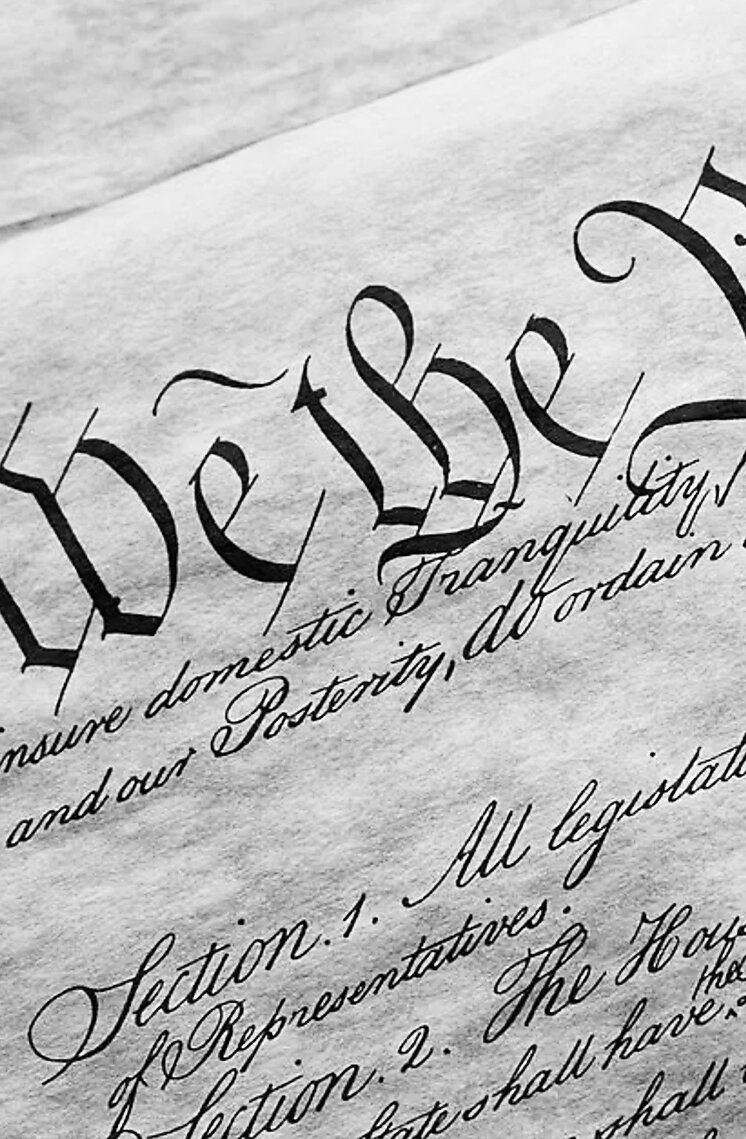What few appreciate, however, is the role that plea‐driven mass adjudication has played in transforming their criminal justice system into little more than a conviction machine.
Plea Bargaining
Few Americans appreciate the role that plea‐driven mass adjudication has played in transforming their criminal justice system into little more than a conviction machine.
Most Americans recognize our problem with mass incarceration.

A Delicate Balance
Imagine you have omnipotent power over nature, but a poor understanding of how it actually works.
One day, after being stung during a picnic, you decide to get rid of all honeybees.
What would happen?

…wide swaths of the terrestrial ecosystem would begin to fall apart.
Crops that depend on bees for pollination would fail.
Various other plants and trees would be unable to reproduce and would start dying off, followed by the countless insects, birds, and mammals that depend on those flora to survive.
This is an apt metaphor for what has happened to America’s criminal justice system over the past century.
We have taken the very heart of that system — citizen participation, in the form of jury trials — and ripped it right out.
The result has been every bit as disastrous for the criminal justice “ecosystem” as the elimination of bees would be for the natural one.
It would be impossible to document the myriad ways in which our system cuts corners and abandons painstakingly prescribed constitutional procedures for adjudicating criminal charges.
But the essence of the issue is reflected in a single, astonishing statistic:
Some 95% of criminal convictions today are obtained by guilty pleas instead of by jury trials.
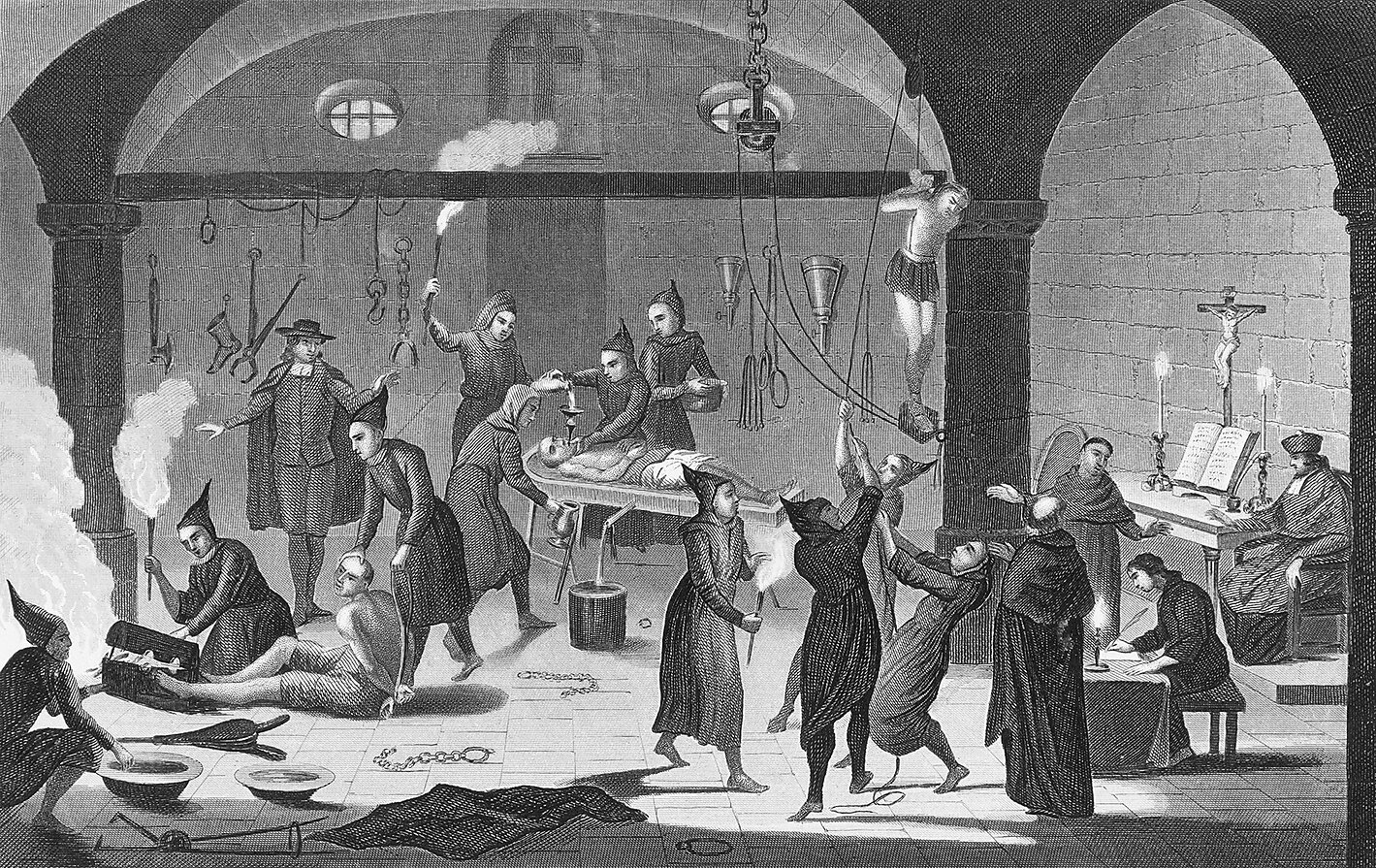
The Importance of Juries
As Orwell, Dostoevsky, and countless others have observed, many regimes throughout history have excelled in extracting confessions of guilt from their citizens for crimes real or imagined.
Unfortunately, America has become a leading member of that ignominious club.
We call this process “plea bargaining,” but that is really a misnomer—what we really have is a system of coerced confessions that has almost completely supplanted the criminal jury trial.
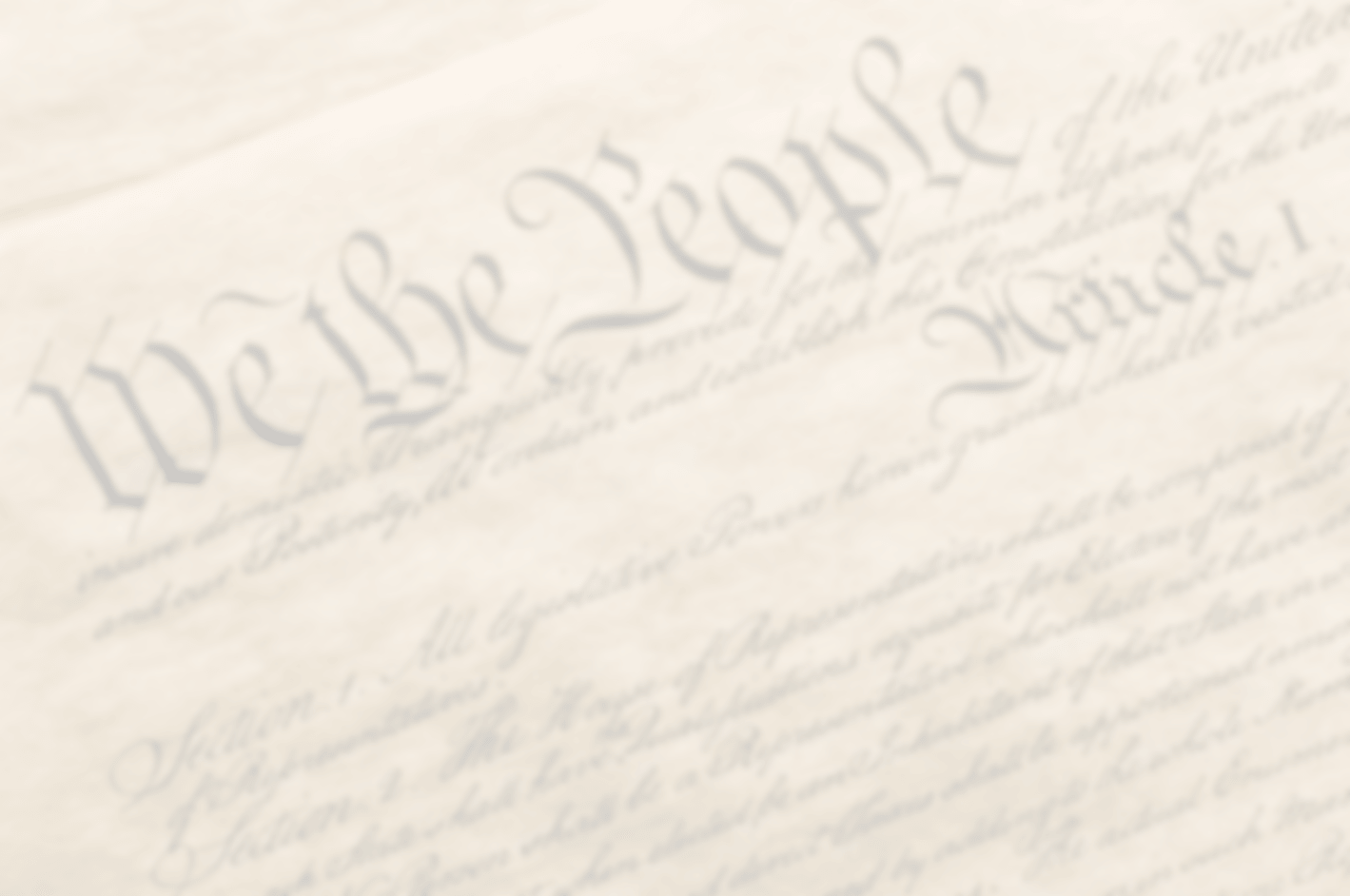
Article III of the U.S. Constitution provides that the trial of all crimes shall be by jury.
So central was the jury trial to the Founders’ vision of just government that it is the only right mentioned in both the original Constitution and the Bill of Rights.
The Bill of Rights devotes more words to the subject of juries than any other, because the one thing that virtually every leading thinker of the American Founding appears to have agreed on was this:
The critical role of juries in limiting the power of government.
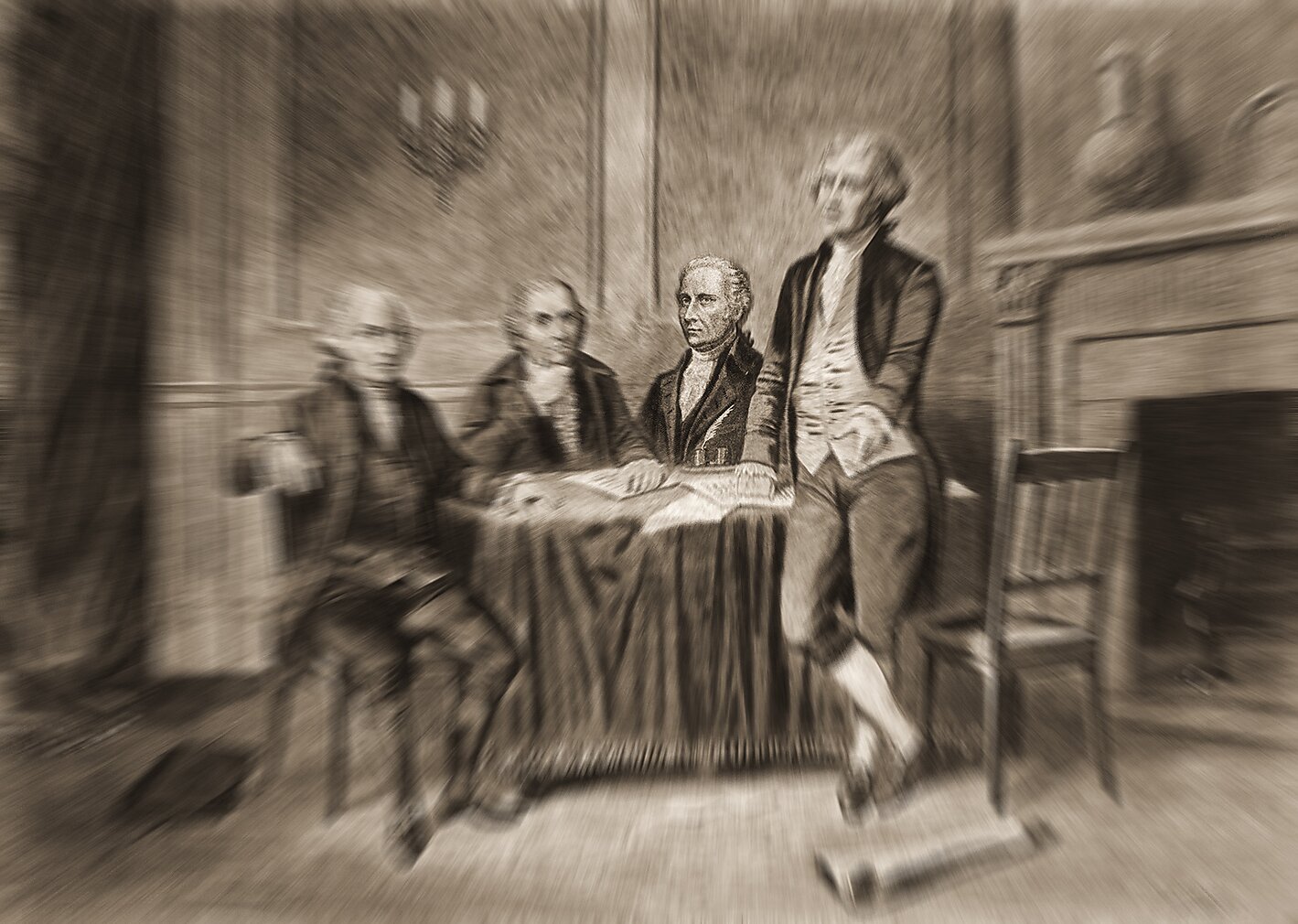
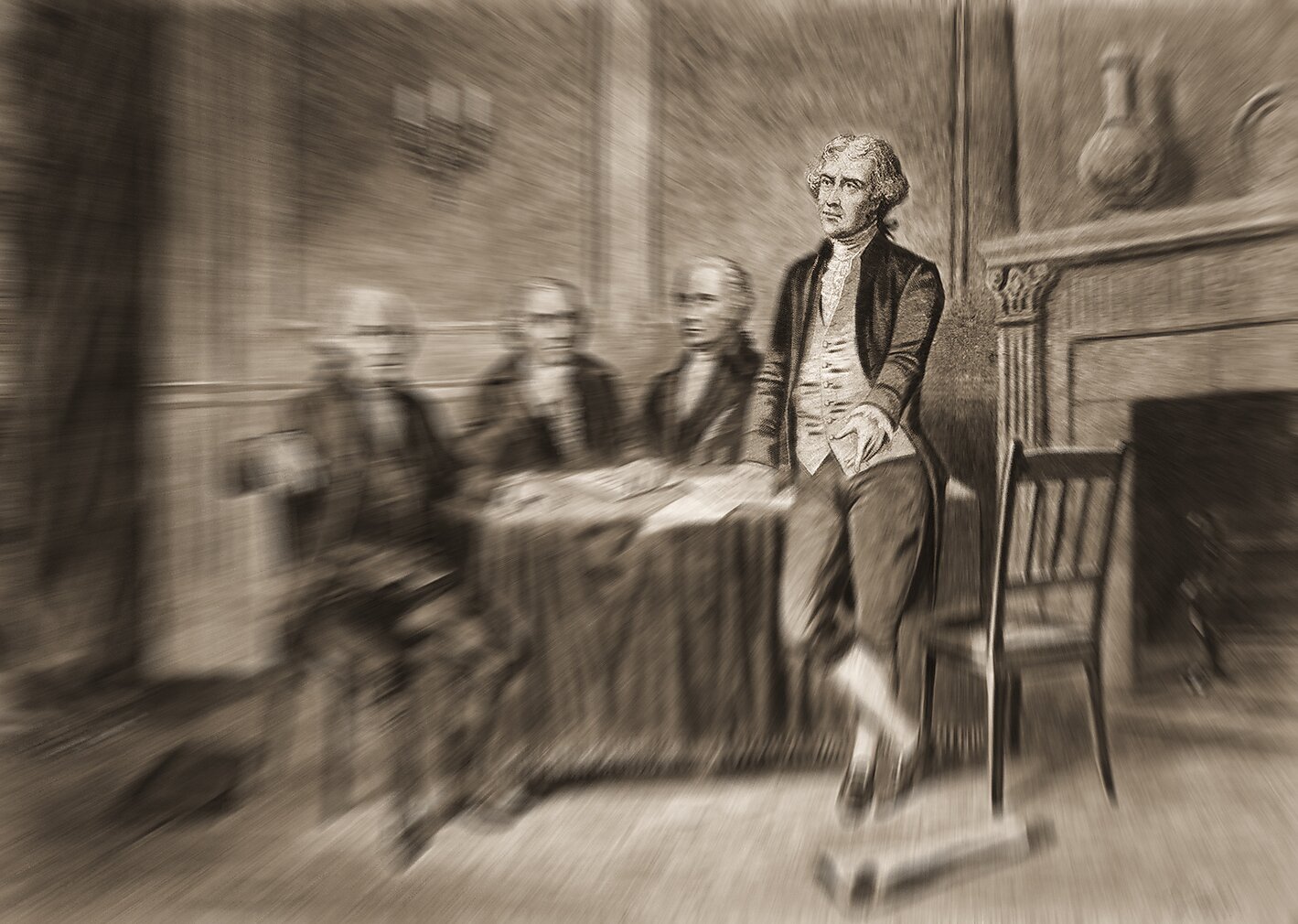

The Proliferation of Plea Bargains
One of the most important questions in criminal law and criminal justice reform is why so few people are interested in exercising their right to force the government to prove their guilt beyond a reasonable doubt to the satisfaction of a unanimous jury.
There appear to be two main reasons:
First, the plea‐bargaining process can be — and often is — extraordinarily coercive.
Second, the criminal jury trial itself has been fundamentally transformed over time so that it is much less valuable to criminal defendants now than it was earlier in our nation’s history.
Levers of Coercive Plea Bargaining
Pretrial Detention
One of the most powerful “options” prosecutors have is pretrial detention. Simply put, those who are locked up awaiting trial are cut off from family, friends, and other sources of support.
They will have a much more difficult time securing and working with counsel to prepare their defense.
And given the dirty, dangerous, and generally miserable conditions of so many of the nation’s jails, defendants will likely entertain just about any offer that promises either an immediate release or a transfer to a more sanitary and professionally run prison, which is where people who have been convicted of crimes typically serve their sentences.
Stacking Charges
Prosecutors’ ability to stack charges against a defendant—including charges that carry a mandatory minimum prison sentence—and then offer to drop some of those charges or recommend leniency to the judge at sentencing.
Other countries, such as England, impose strict limits on the differential between the length of sentence prosecutors may threaten defendants with if they go to trial and lose versus the discounted sentence prosecutors may offer if defendants confess.
However, American prosecutors have unfettered discretion to make draconian threats while offering a comparatively trivial punishment if the defendant will simply agree to plead guilty.
Complexity of the System
On the one hand, criminal procedure has become so complex that ordinary laypersons cannot simply represent themselves effectively in a criminal trial as was the customary practice at the time of the Founding.
That means all criminal defendants, and certainly defendants in felony cases, are well advised to retain counsel. But lawyers—especially good ones—are notoriously expensive, and the vast majority of criminal defendants simply cannot afford one.
Accordingly, some 80 percent of criminal defendants are represented by government-furnished counsel—either a public defender or a court-appointed private practitioner who will typically receive a fixed fee, often one that is set at some archaic and shockingly low amount, for his or her services.
Inadequacy of Public Defender Services
Although some public defender offices are quite good, many are not, and virtually all are desperately overworked. The problems with public defenders are well-known and well-documented, and they include a persistent lack of funding that translates into crushing caseloads and inadequate support services, such as investigators and expert witnesses.
Another problem with public defenders is the fact that they are repeat players who carry dozens or even hundreds of cases simultaneously, often against the same small set of prosecutors. Because taking all of those cases to trial would be impossible, a public defender knows that most of the cases will have to plead out.
This approach results in a potential conflict of interest, because public defenders have a strong incentive to maintain sufficiently good relations with the prosecutors to ensure favorable plea offers for all of their clients, even if such an approach may result in less than fully zealous advocacy for particular defendants who might benefit from a more aggressive defense.
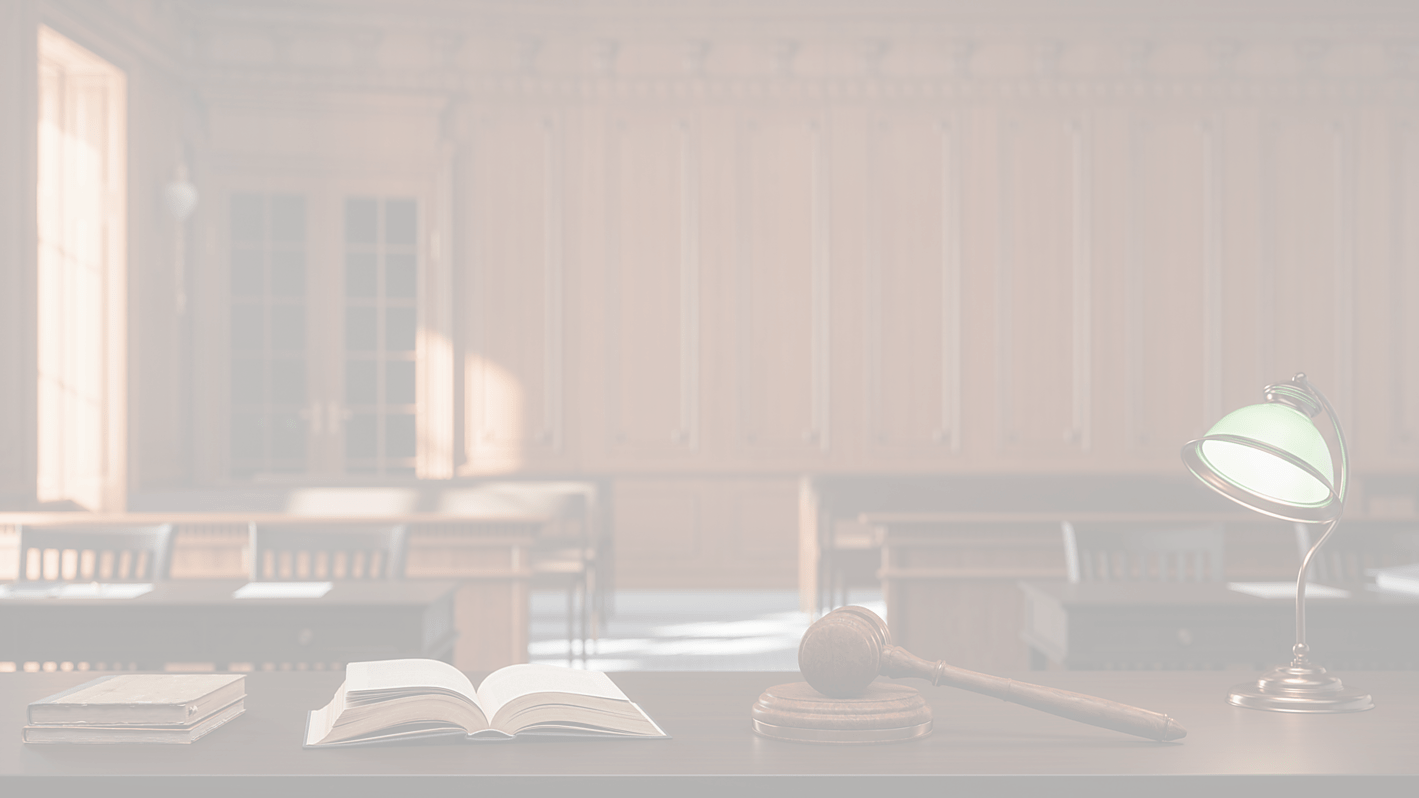
Devaluation of the Criminal Jury Trial
As suggested earlier, another dynamic is at work here besides coercion: a radical devaluation of the criminal jury trial as an institution.
To understand what happened, one must appreciate that there are two distinct ways to conceive the role of a criminal jury.
The former conception is a relatively recent invention and is essentially mythical.
The latter reflects the true role of juries in our system and the consistent understanding of their function both at the American Founding and through more than 1,000 years of our common‐law history.
Perhaps not surprisingly, the government transformed both the understanding and the role of juries in our system.

That fascinating history is presented in compelling detail in the book titled Jury Nullification: The Evolution of a Doctrine.
That transformation boils down to a successful campaign by prosecutors and judges to undermine the time-honored institution of conscientious acquittal (often referred to pejoratively and less accurately as “jury nullification”) and to deprive jurors of information that might incline them to embrace it in a particular case. Such information might include the punishment the defendant will receive if convicted or the substance of any plea offers made to the defendant.
As a result, whereas Founding-era juries generally knew what punishment the defendant would receive if convicted and understood their time-honored right—even duty—to acquit factually guilty defendants to prevent injustices, modern juries are carefully vetted by prosecutors and supervised by judges to ensure that they remain ignorant of both points.
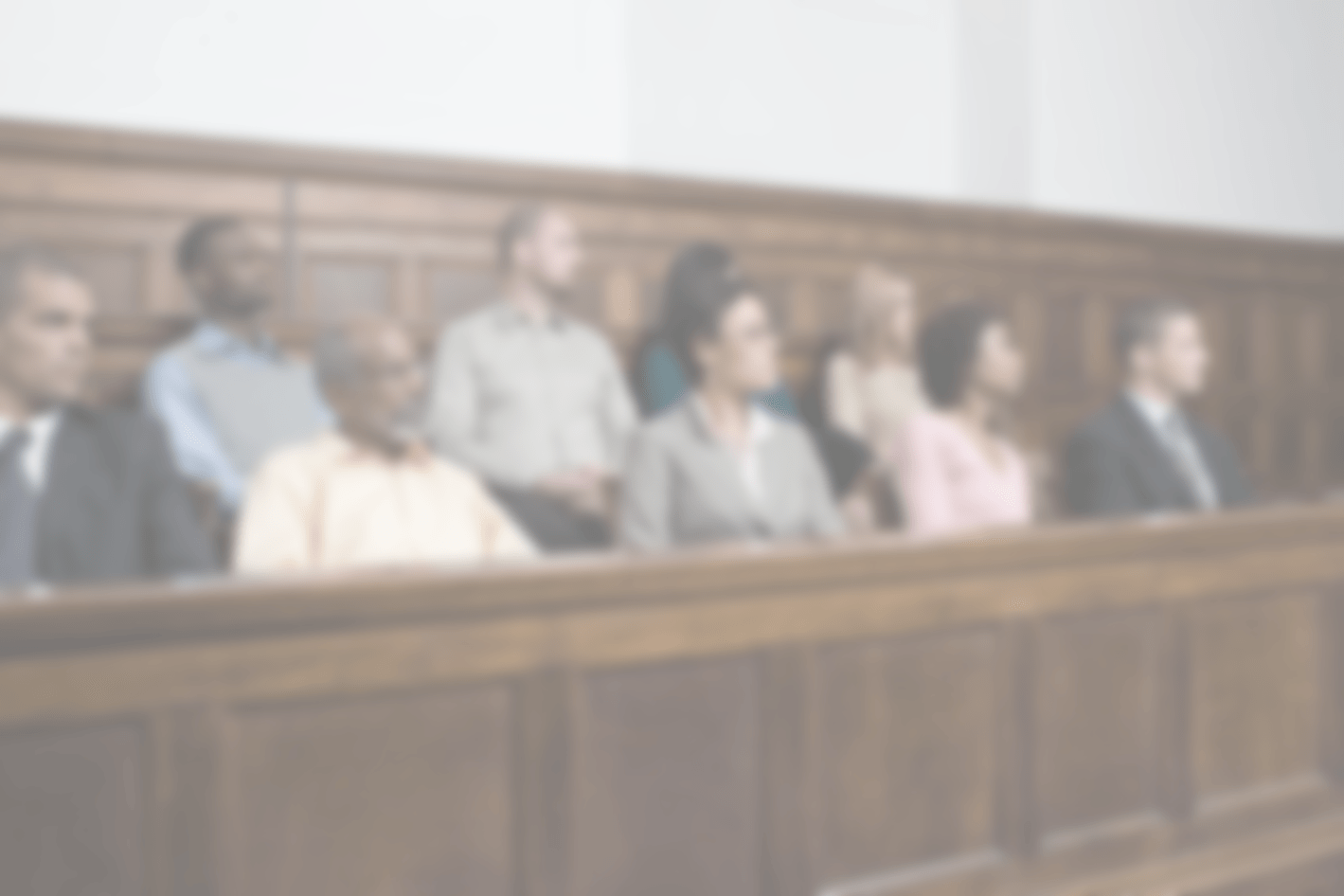
“The jury today is a shadow of its former self.”
—AKHIL AMARA, YALE LAW PROFESSOR
-
unconstitutional overcriminalization
-
coercive plea bargaining
-
inadequate representation
-
neutered juries
…has radically transformed our criminal justice system.
Instead of focusing on genuine criminals and proving their guilt beyond a reasonable doubt in an open and adversarial system, prosecutors spend most of their time racking up convictions by
extracting confessions from the guilty and the innocent alike.

Coming Up Next
Creating a Just System
You will…
- see what a well‐functioning and truly just criminal justice system could look like
- explore how we can end overcriminalization
- learn what jury nullification is
